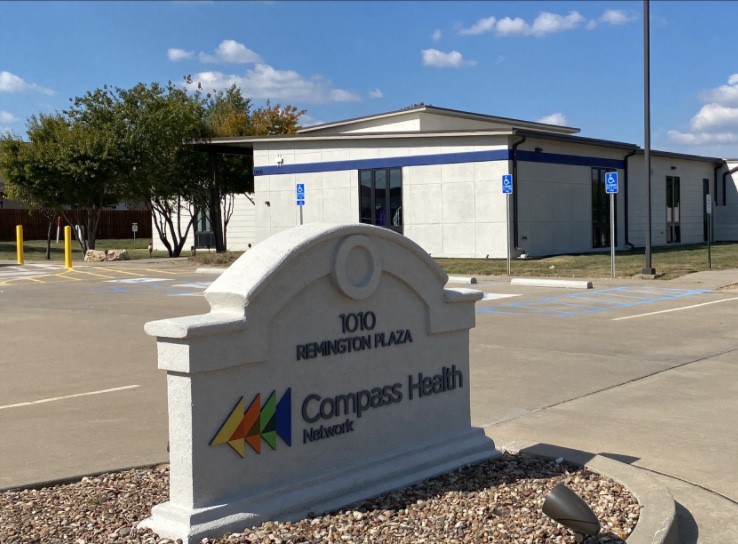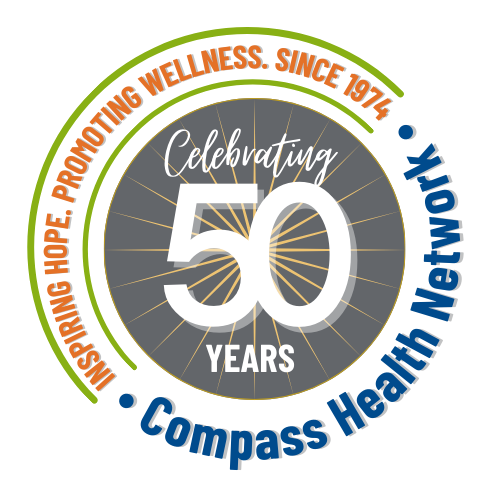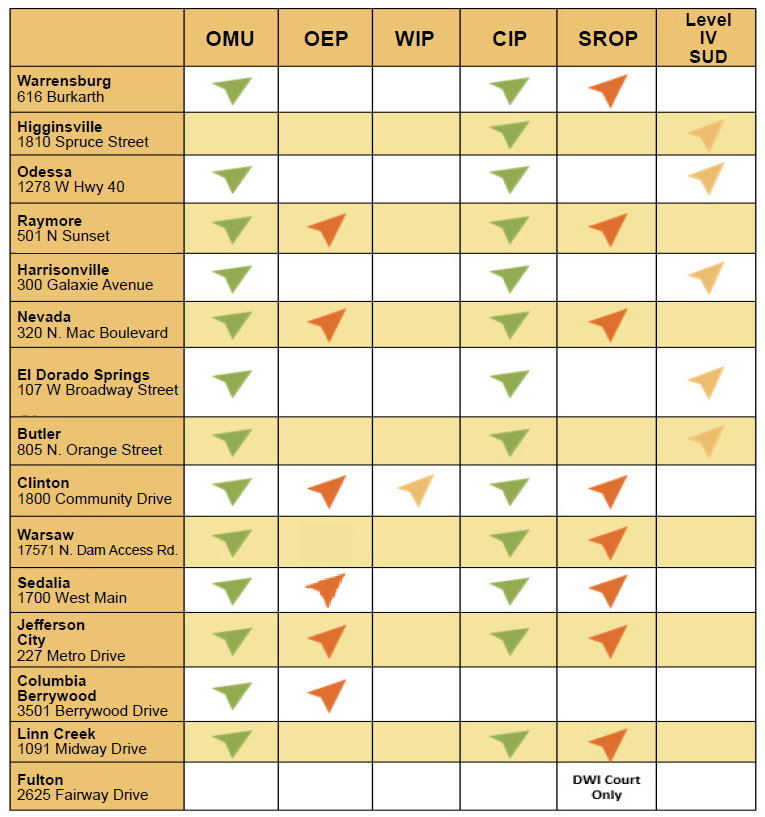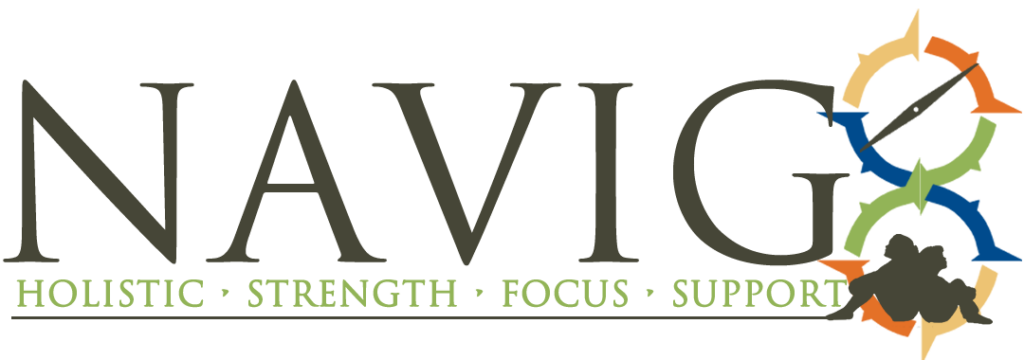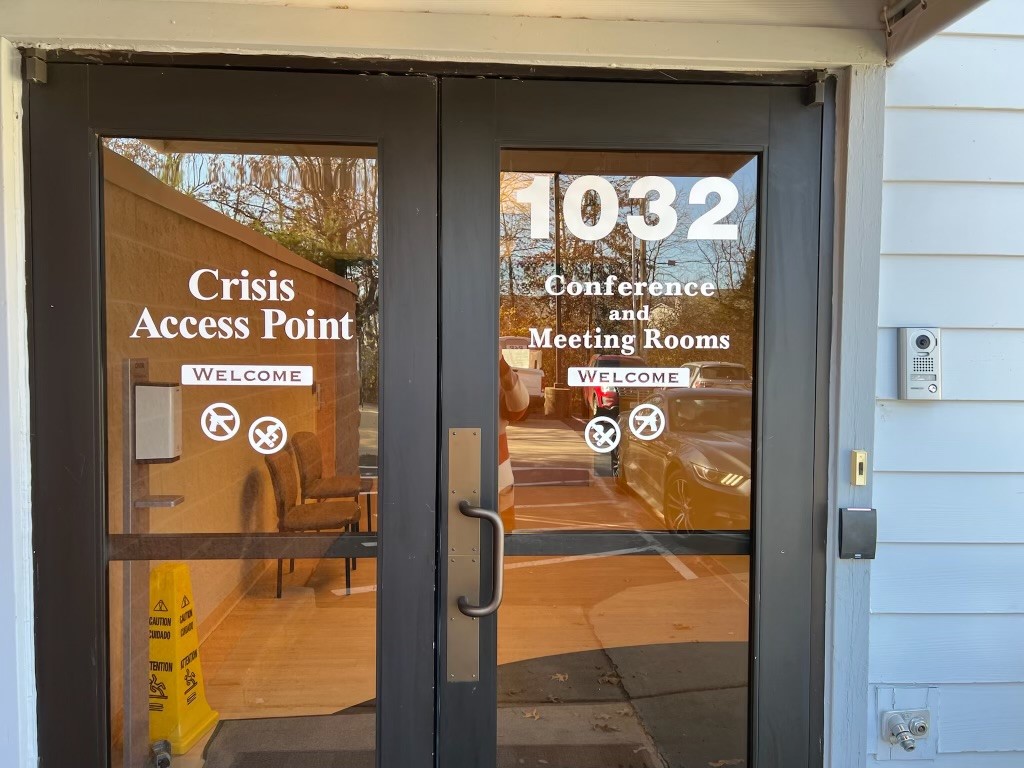Substance Awareness Traffic Offender Program (SATOP)
Residential Services for Adults
Opioid Treatment Program
Early Intervention for Adults
Specialized Care For Children With Persistent Behavioral Health Conditions
Adolescent Substance Use Disorder / Alcohol & Drug Treatment – NAVIG8
